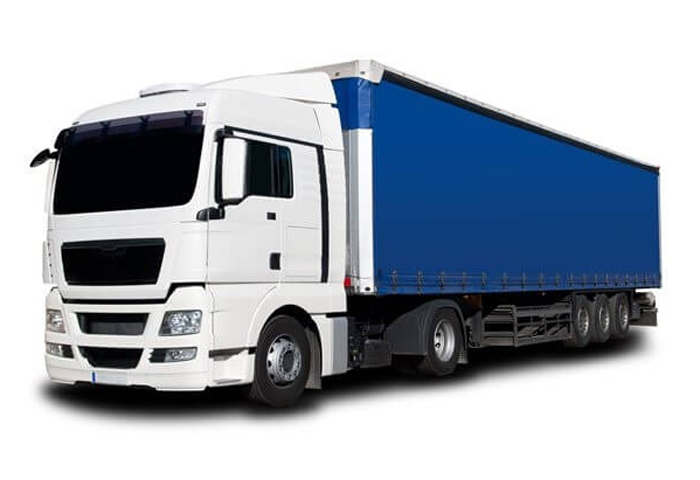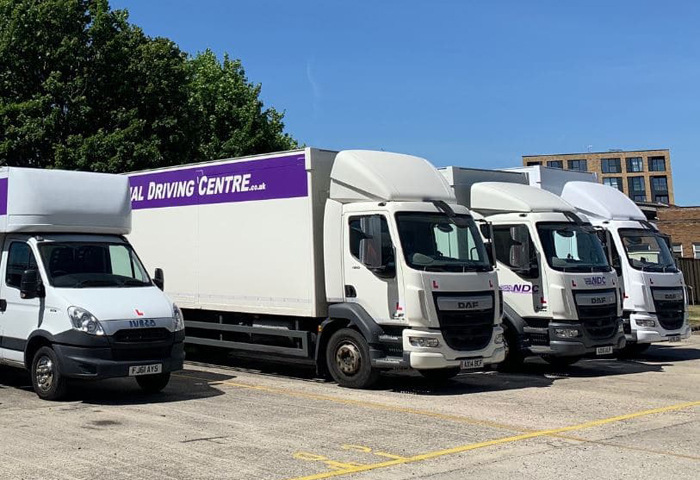A characteristic winter, where rainfall increases and temperatures plummet, creates challenging driving conditions for HGV drivers. We appreciate the difficulty of driving in these conditions, especially on long-haul trips. Even the most experienced drivers find driving in winter conditions a daunting task.
With this in mind, we’ve created a list of the best tips for winter truck driving to enhance your driving safety and experience during the winter.
Go Slow
Wind, fog, heavy rainfall, snow, and ice are reasons you should slow down your vehicle. While deadlines are always tight, especially around the Christmas holiday period, it’s essential to remember that most accidents are caused by excessive speed. We urge all HGV drivers to be cautious in bad weather. Driving at a slower speed will give you more time to react if anything goes wrong.
Recent statistics indicate that about 22% of all road accidents in the UK result from bad weather. Additionally, about 11% of road accidents are caused by high speed.
Maintain Safe Distance
The foundation of safe driving in winter conditions is slowing down. Another essential safety tip for driving during the winter is to keep a safe distance from the vehicles around you. The stopping distance during wet conditions is typically twice as long as the standard distance. On icy roads, the stopping increases to ten times as much.
Prepare Yourself For Winter Truck Driving
Driving is generally unpredictable year-round. However, HGV drivers should be extra cautious during winter due to severe weather conditions. Prepare to tackle winter driving using these tips:
- Fuel your truck – Having extra weight in your truck increases the weight of your vehicle, thereby enhancing the truck’s traction in wet, snowy, or icy conditions. Ample fuel in the truck is also essential if you face an emergency breakdown and have to use the fuel to heat the cabin.
- Test the heater and ensure it works before starting any journey.
- Test the lights and ensure they’re working well, visible, and clean.
- Top up washer fluid during your pre-journey inspections.
- Clean all the mirrors and windows before setting off on your journey.
- Check pressure levels across all tyres to ensure they’re at the legal requirements
- Ensure you have roadside assistance, just in case you break down.
- Check the antifreeze and oil are at the correct levels.
- Clear snow from your exhaust pipe.
- Batteries can last for 5 years. Ensure your batteries are working effectively, or replace them. You’ll need them in case you break down for heating.
- Plan your trip. Check your route’s traffic warning and weather as you plan your trip. Identify possible detours in case your main route has issues.
There are some HGV training centres in the UK, like Easy As HGV. They offer training for LGV, forklifts, HIAB, ADR, and more. You will also get free impartial advice on potential employers and career development.
Pack Your Winter Survival Kit
Winter increases the chances of experiencing delays and breakdowns. As such, you should pack an emergency winter kit to use in case you get stranded on the road for a while.
Rest Well
It’s typical for HGV drivers to feel a little tired during the winter. The mornings and winters are darker, and the weather is harsh. It’s reported that 97% of us feel sluggish and tired during the winter. You must get enough rest and sleep well during your off-shift to negate the potential of accidents occurring.
Use Good Judgement
Our most important advice to HGV drivers is to always use good judgment. When the weather is dangerous, find a safe off-road place to park and wait for weather conditions to improve. Be cognisant of the tyre spray on the road, as it can show you when weather conditions change for the worse.
We appreciate the difficulty of driving in winter conditions. As such, you must always have 100% control of your HGV to ensure you and other road users are safe.

